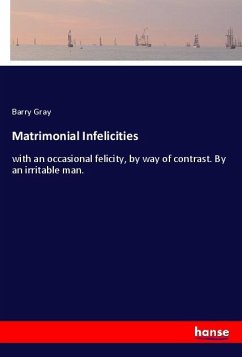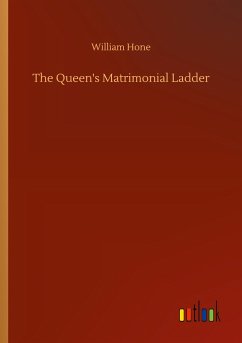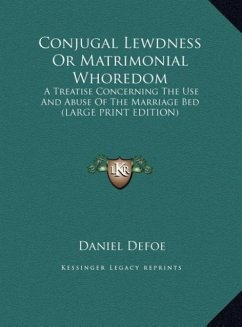
Conjugal Lewdness Or Matrimonial Whoredom
A Treatise Concerning The Use And Abuse Of The Marriage Bed (LARGE PRINT EDITION)
Versandkostenfrei!
Versandfertig in 1-2 Wochen
49,99 €
inkl. MwSt.

PAYBACK Punkte
25 °P sammeln!
(LARGE PRINT EDITION) Showing I. The Nature Of Matrimony, Its Sacred Original, And The True Meaning Of Its Institution, II. The Gross Abuse Of Matrimonial Chastity, From The Wrong Notions Which Have Possessed The World, Degenerating Even To Whoredom, III. The Diabolical Practice Of Attempting To Prevent By Physical Preparations, VI. How Married Persons May Be Guilty Of Conjugal Lewdness, And That A Man May, In Effect, Make A Whore Of His Own Wife.





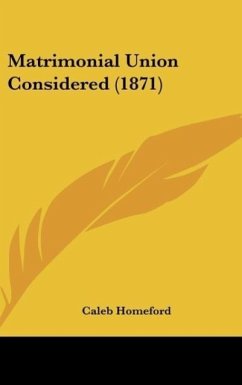
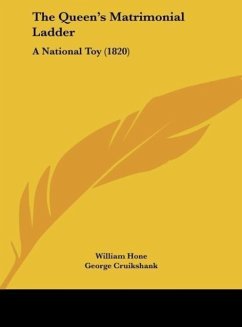
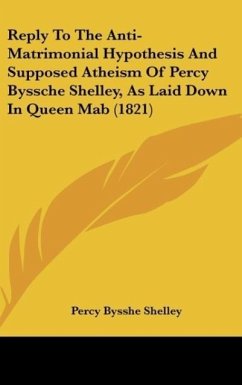
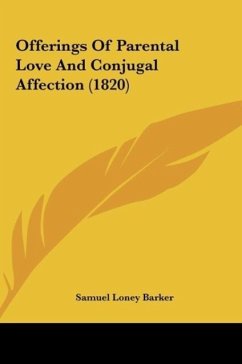

![Offerings of Parental Love and Conjugal Affection [Verse.] Cover Offerings of Parental Love and Conjugal Affection [Verse.]](https://bilder.buecher.de/produkte/64/64688/64688108n.jpg)

